Automatic starters are essential for modern vehicles, providing a seamless starting experience. However, when problems arise with your automatic starter, it can be frustrating and inconvenient. This article explores common problems with automatic car starters, helping car owners, repair shop owners, and automotive technicians diagnose and resolve these issues effectively.
Common Problems with Automatic Starters
Automatic starter problems can manifest in various ways, ranging from a complete failure to start to intermittent issues. Recognizing the symptoms is the first step towards resolving the problem. Some common indicators include:
- Clicking Sound: This is often a sign of a weak battery or a faulty starter solenoid, the electrical switch that engages the starter motor.
- Grinding Noise: A grinding sound typically indicates that the starter gear is not meshing correctly with the engine’s flywheel, which could be due to a worn-out starter or flywheel.
- Whining Noise: This can point towards a worn-out starter motor or problems with the starter’s bearings.
- Engine Doesn’t Crank: If the engine doesn’t crank at all when you turn the key, it could be due to a dead battery, a faulty starter, or issues with the ignition system.
- Intermittent Starting Problems: These problems can be the most challenging to diagnose, as the starter may work sometimes and fail at other times. This can be caused by loose connections, a faulty starter relay, or a failing starter motor.
Diagnosing Automatic Starter Problems
Diagnosing automatic starter problems requires a systematic approach. First, check the battery. A weak battery can mimic starter problems. If the battery is good, the next step is to test the starter itself. This can be done using a multimeter or a test light to check for voltage and continuity in the starter circuit.
Similar to automatic shut off car starter problems, the issue might lie within the automatic shut-off system itself. It’s important to isolate the different components to pinpoint the exact source of the trouble. Another crucial step involves checking the starter relay and solenoid. A faulty relay or solenoid can prevent the starter from engaging.
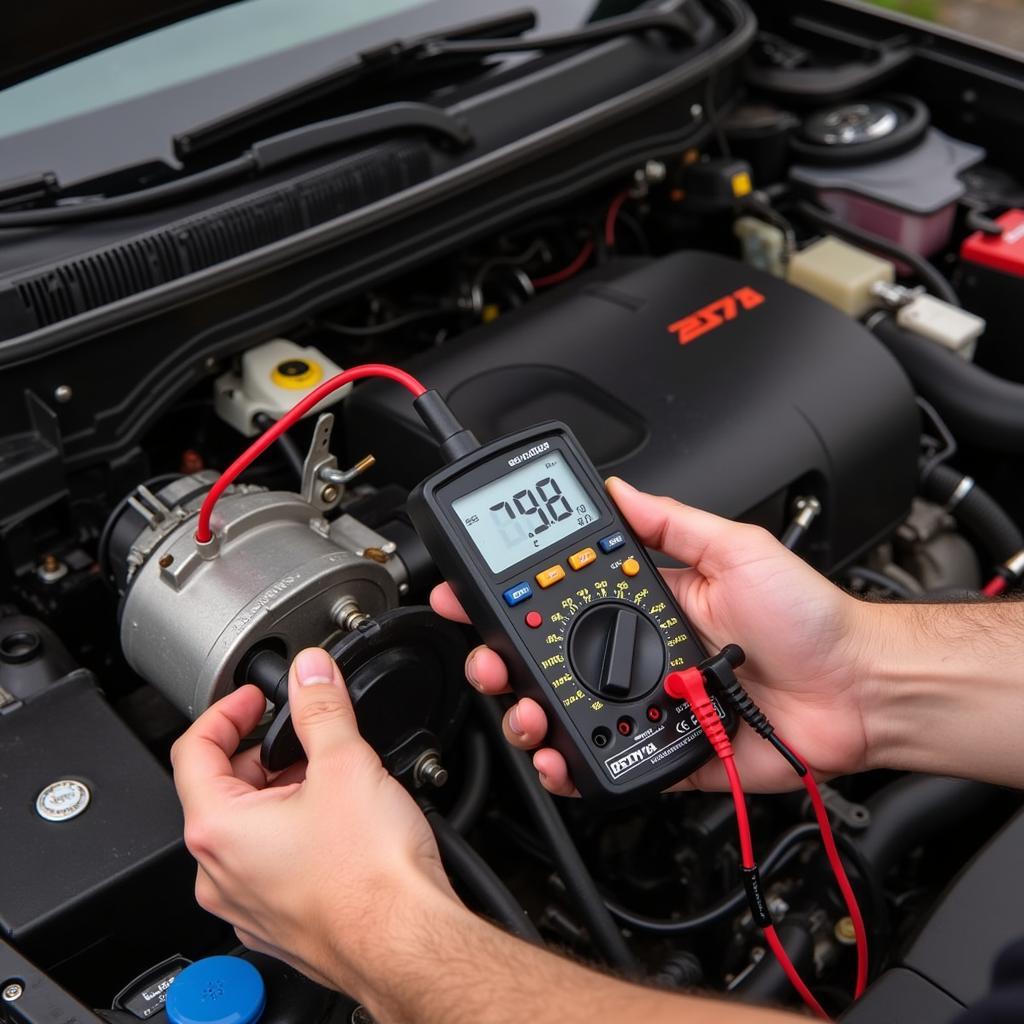 Testing Car Starter with Multimeter: Step-by-Step Guide
Testing Car Starter with Multimeter: Step-by-Step Guide
Why is my car not starting automatically?
Several factors could prevent your car from starting automatically. These range from a dead battery and faulty starter motor to issues with the ignition system or the automatic start-stop system.
Repairing and Replacing Automatic Starters
Once the problem has been diagnosed, the next step is to repair or replace the faulty component. In some cases, a simple cleaning of the starter terminals or tightening of connections can resolve the issue. However, if the starter motor itself is faulty, it will likely need to be replaced.
This can be a relatively straightforward task for experienced mechanics, but it’s often best to leave it to the professionals. Just like car start stop problems, starter issues require a specific skillset and tools to address properly. Replacing a starter often involves removing several components to access it, and improper installation can lead to further problems.
Preventing Future Starter Problems
Preventing future starter problems involves regular maintenance and inspections. Keep your battery terminals clean and free of corrosion. Have your starter and charging system checked periodically by a qualified mechanic.
For older vehicles, like the scion xb 2004 car problems article highlights, regular maintenance is particularly important to address age-related wear and tear that can affect the starter. Understanding how the car’s systems function, especially in older models, can be helpful in identifying potential issues before they become major problems.
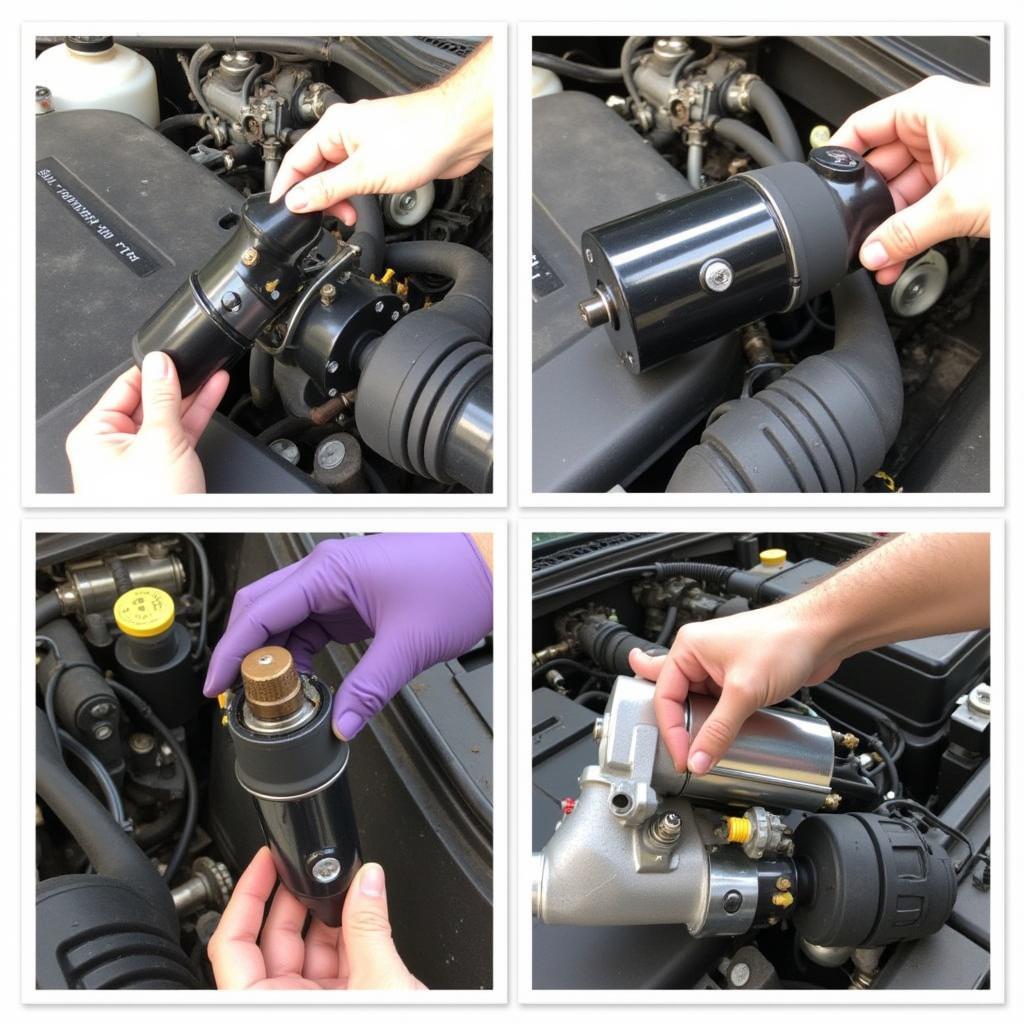 Replacing a Car Starter Motor: A DIY Guide
Replacing a Car Starter Motor: A DIY Guide
What are the signs of a bad automatic starter?
Common signs of a bad automatic starter include clicking noises, grinding noises, whining noises, the engine not cranking, and intermittent starting problems. Addressing these issues promptly can prevent further complications.
How do I test my car starter?
Testing your car starter can be done using a multimeter or a test light to check for voltage and continuity in the starter circuit. This process requires some technical knowledge, so it’s often best to consult a qualified mechanic. It’s similar to how to test car starter problems, requiring a systematic approach to pinpoint the source of the issue.
This relates to the issues seen with next gen car problems, where advanced diagnostics are sometimes necessary to resolve complex electrical faults. Modern vehicles increasingly rely on sophisticated electronics, so a thorough understanding of these systems is crucial for accurate diagnosis and repair.
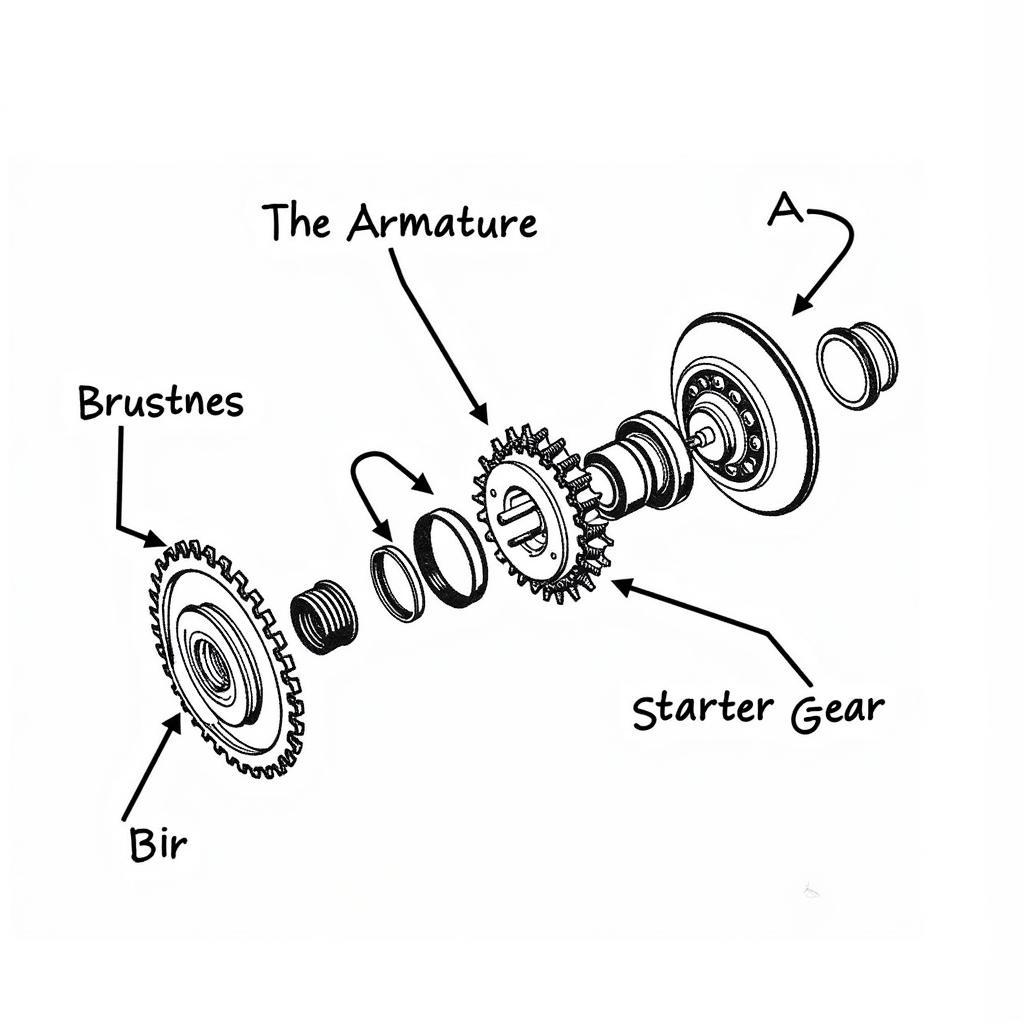 Car Starter Components: A Detailed View
Car Starter Components: A Detailed View
Conclusion
Problems with automatic car starters can be a nuisance, but with proper diagnosis and maintenance, they can be effectively addressed. Understanding the common symptoms, diagnostic procedures, and preventive measures can help car owners avoid costly repairs and keep their vehicles running smoothly. If you’re experiencing problems with your car starter, don’t hesitate to contact us at AutoTipPro for assistance. We can be reached at +1 (641) 206-8880 or at our office located at 500 N St Mary’s St, San Antonio, TX 78205, United States.
FAQ
-
How much does it cost to replace a car starter? The cost to replace a car starter can vary depending on the make and model of your vehicle, but it typically ranges from $200 to $500.
-
Can I drive my car with a bad starter? No, you cannot drive your car with a bad starter, as the starter is essential for starting the engine.
-
How long does a car starter last? A car starter can last for several years, but its lifespan depends on factors such as usage and maintenance.
-
What causes a car starter to go bad? Several factors can cause a car starter to fail, including wear and tear, electrical issues, and extreme temperatures.
-
Can I replace a car starter myself? Replacing a car starter is possible for some DIY enthusiasts, but it requires some mechanical knowledge and tools.
-
What should I do if my car starter is clicking? If your car starter is clicking, it could indicate a weak battery or a faulty starter solenoid. It’s best to have your car inspected by a mechanic.
-
How do I prevent problems with my car starter? Regular maintenance, including keeping your battery terminals clean and having your charging system checked, can help prevent starter problems.




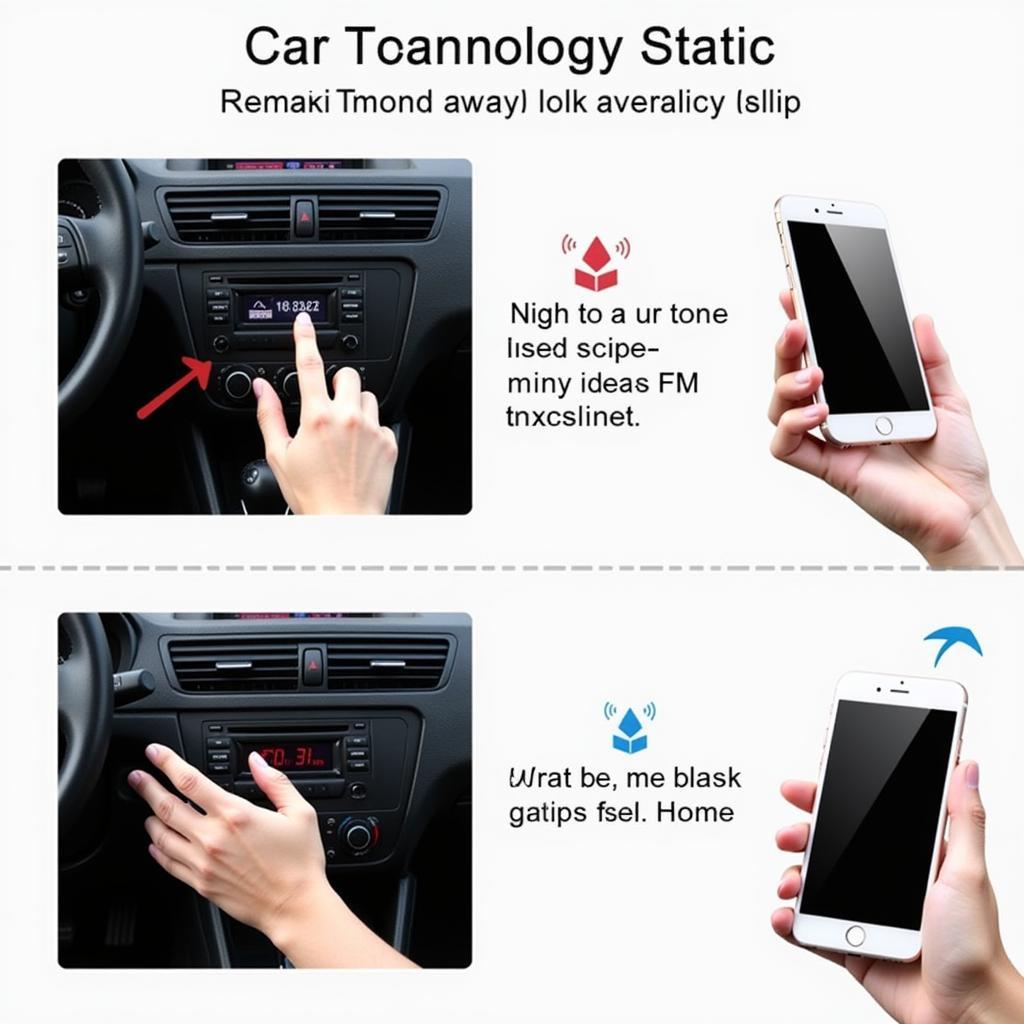
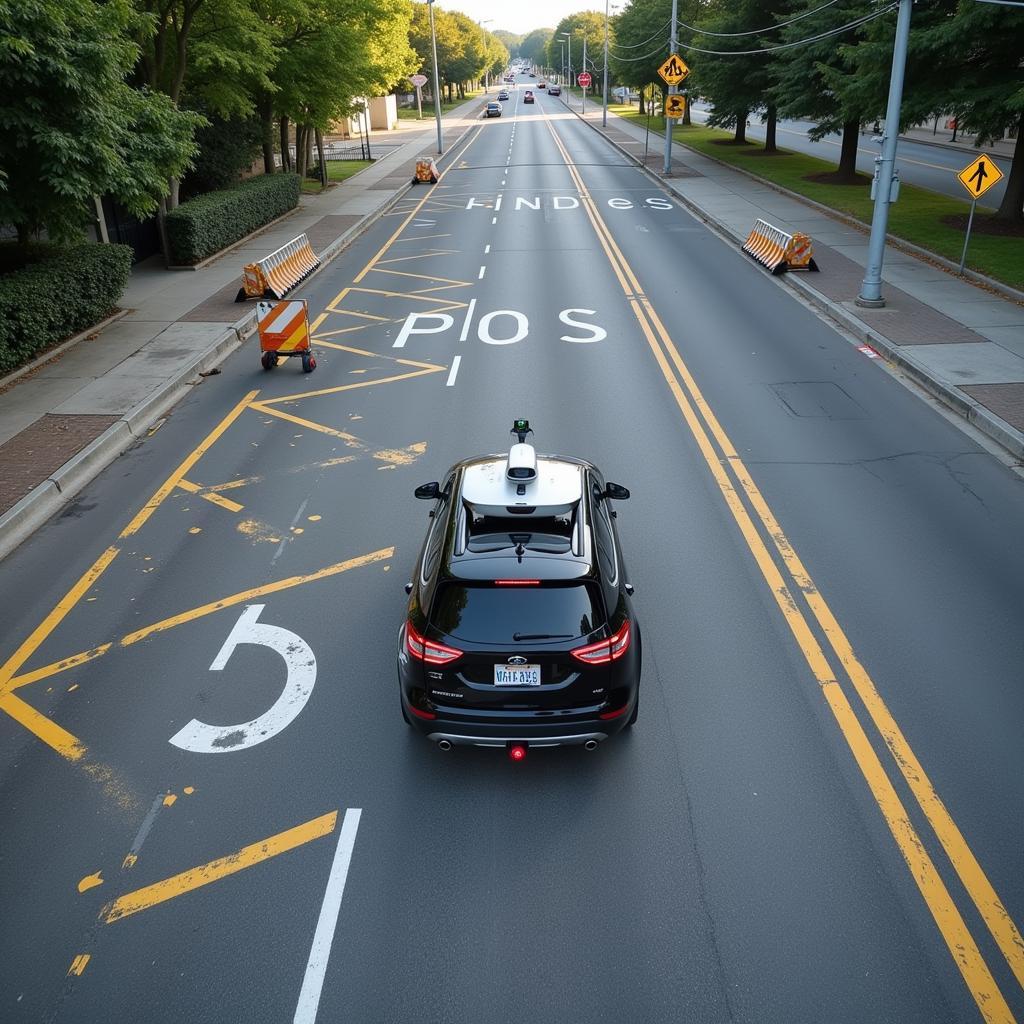
Leave a Reply